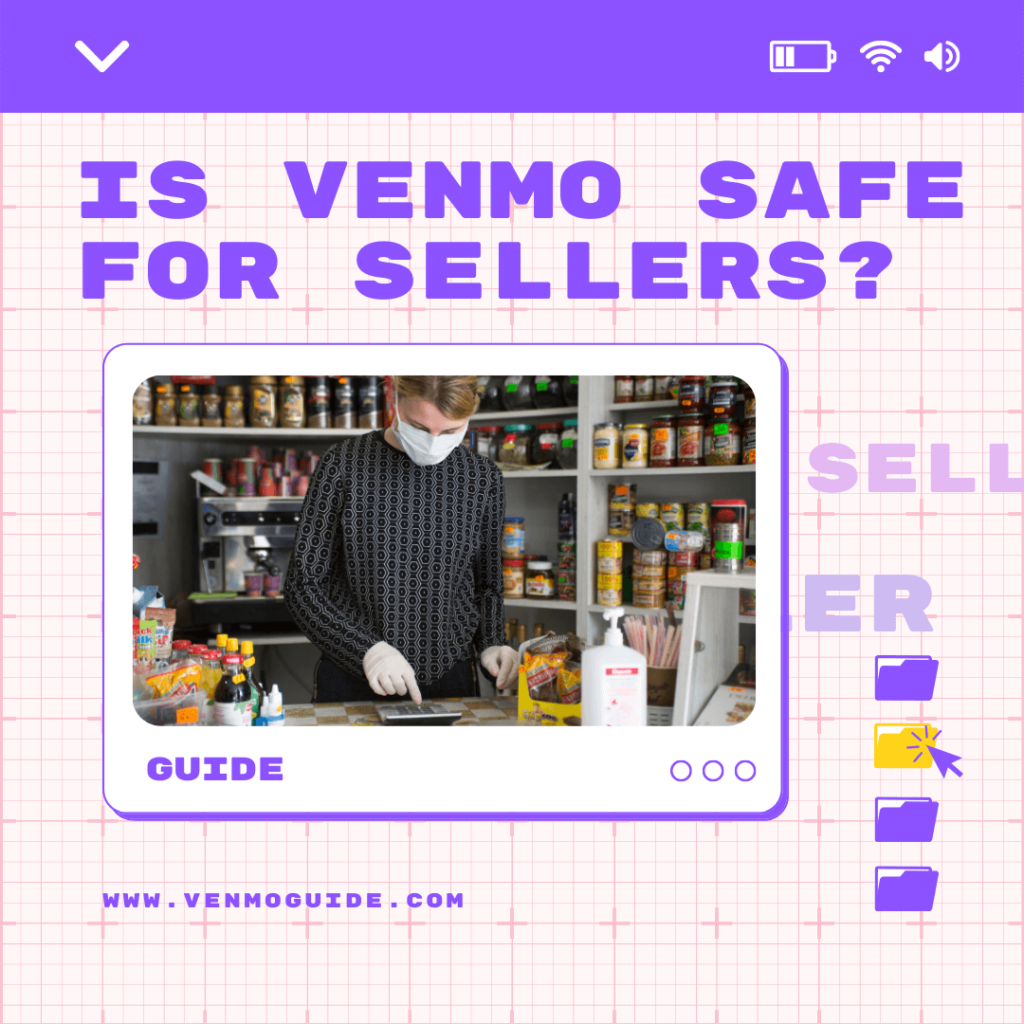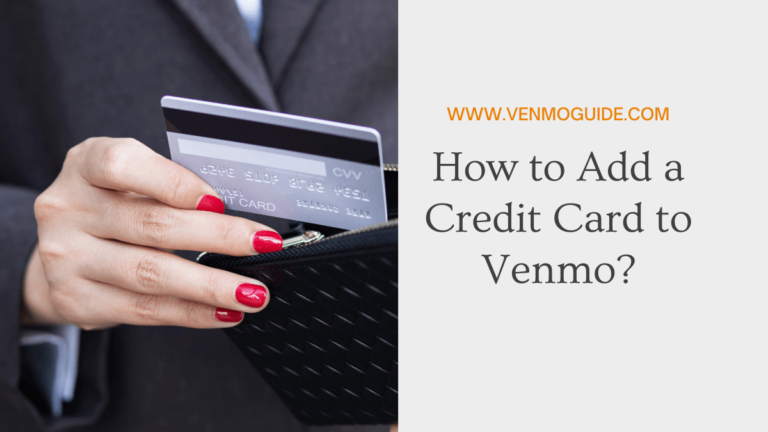Venmo is not safe for sellers with Personal accounts and it does not offer fraud protection. However, When a customer buys something you’ve listed on your business profile, Venmo automatically protects the transaction without you or the buyer going through the hassle of tagging it as a purchase.
Scammers know people aren’t aware of this and are manipulating it to their advantage. Your best solution as a seller using Venmo as Payment is to accept payments tagged as a purchase or set up a business profile.
Are you looking to sell some old items or even branch out with your company’s sales platforms through Venmo? If so, you might ask: “Is Venmo safe for sellers?”
Are you selling a few items lying around or even a product your company is producing on Venmo? Before you start using Venmo for your sales, you need to know its security features and policies.
So, read on to learn if Venmo is safe for sellers.
Generally, you shouldn’t be selling items on Venmo and accepting money from strangers. That’s because Venmo’s primary function is to facilitate money transactions between people who personally know and trust each other. But your best solution is to accept payments tagged as a purchase or set up a business profile.
So, does that mean Venmo doesn’t protect sellers? Also, how do you accept payments tagged as a purchase or run a business profile? Tag along to find out.
Read: Is Venmo Safe for Buyers?

Is Venmo Safe to Use For Sellers to Sell Something to a Stranger?
No, it isn’t completely safe to sell goods and services to a stranger on Venmo using the regular P2P system, precisely because it could be a scammer using illegally obtained funds.
Unfortunately, a small portion of Venmo users are scammers who use the platform to try and manipulate people to give them money. And that problem isn’t exclusive to Venmo. You’ll see scammers on every major platform that enables the communication between strangers, especially if it also allows payments.
However, if you want to use Venmo to sell items, there are two ways you can secure your sales: the purchase protection program and business profiles.
Purchase Protection Program
Since mid-2021, Venmo has established a new purchase protection program that handles transactions tagged as a purchase, often made with a Venmo debit card, via the “Pay and Request” feature or sent to an authorized merchant’s account.
The purchase protection program ensures that trade is fair to the buyer and you, the seller. For instance, if the buyer turns out to be a fraudster or successfully requests a chargeback from their credit card or bank, Venmo will allow you to retain your funds and deal with the other person.
If you’re selling an item via your personal Venmo account, I recommend you ensure that the transaction is tagged as a purchase and backed by the purchase protection program.
Nonetheless, there’s a small fee of 1.9% of the payment + $0.10 that you, as the seller, pay to Venmo. This fee gives you peace of mind knowing that you aren’t susceptible to scammers.
If you’re operating a business that regularly sells products, you shouldn’t be relying on this method. That’s because you’ll eventually reach a sales limit before you have to report taxes and income and all that legal work. So, instead, make a business profile.
Read: Does Venmo Have Buyer Protection?
Venmo Business Profile for Sellers
Creating a business profile is a great way to branch out and give your potential customers more ways to buy your product. And while there are numerous benefits to making a business profile, we’ll focus on the security aspect in this article.
When a customer buys something you’ve listed on your business profile, Venmo automatically protects the transaction without you or the buyer going through the hassle of tagging it as a purchase.
In our opinion, this is mandatory if you’re planning on making regular sales via Venmo. If you forgo a business profile, you’ll probably eventually run into a fraud, scam, or some dispute that undermines your sales and causes you losses.
So, follow along as we walk you through the process of making a Venmo business profile.
Business Profile Requirements
To prevent people from exploiting the feature, Venmo manually checks business profile requests to ensure the owner has an actual business to operate via the profile.
The business profile verification requirements include:
- Proof of business name and identity with a tax ID number or similar documents
- Proof of business address, which can be any recent document (like a utility bill)
- Proof of business existence, such as a business permit, an active certificate, or a similar paper
Once you have these proofs, you’re ready to sign up for your business profile.
How to Set Up a Venmo Business Profile?
Business profiles need a standard personal Venmo account as a “base.” If you already have a personal Venmo account, you can make a business profile easily.
To create a Venmo business profile with your personal account, follow these steps:
- Open the Venmo mobile app
- In the top-left corner, click on your display photo
- Select “Create a business profile”
- Fill in the form with your business details
- Set up your business profile with an appropriate display picture and background photo
- Select “Publish”
But if you’re new to Venmo, you can either create your personal account, then set up your business profile from there, or make both simultaneously. To create a personal and business profile at the same time, you should:
- Go to the Venmo mobile or web app
- Select “Business”
- Select “Get started”
- Follow through with verification
- Review the legal terms
Extra Layers of Protection
Whether you rely on the purchase protection policy or your business profile, there are a few preemptive measures we recommend you take in case the buyer starts a dispute. That’d be having proof that you sent the product.
If you’re selling a physical object, have proof of shipment or delivery from a logistics company. But if you’re selling an intangible product, get as much evidence to prove that you sold the item beyond a reasonable doubt, such as an electronic receipt sent to the buyer’s email.
Generally, you should always keep whatever substantial documentation of the transaction you have in case things go south with the buyer, scammer or not.
Read: Is It Safe to Use Venmo With Strangers?
Final Words
Venmo’s primary purpose is to make it easy to send money between friends, family, and trusted peers, not strangers.
This is why Venmo itself doesn’t recommend you use it with strangers, including for selling. If you want to sell something, though, you have two options: creating a business profile or ensuring the payment you receive is tagged as a purchase.





